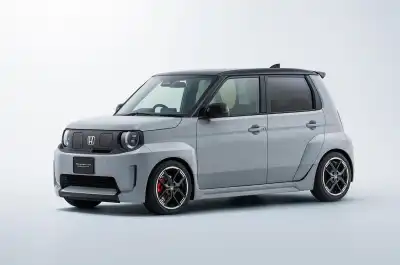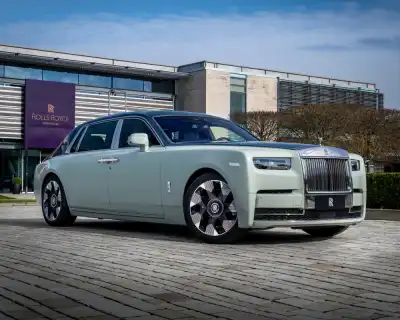
Honda and Nissan, two major players in Japan's automotive industry, are thinking about teaming up. Their goal? To make electric cars and advanced driver assistance technologies more affordable.
They've signed a preliminary agreement and will start looking into where they can save money by working together. One idea is to buy important parts together to save money. They said they'll mainly focus on electric car parts and software, hoping this will help fight climate change and reduce traffic accidents.
In a joint statement, they emphasized that any agreement will mainly focus on electric vehicle components and software platforms and it may “further accelerate efforts toward carbon neutrality and zero traffic-accident fatalities”.
Nissan's CEO, Makoto Uchida, explained that “Honda and Nissan face common challenges” and they “aim to find win-wins for sustainable growth”.
This possible partnership comes at a time when Japan's car industry is facing tough competition from new companies like BYD and Tesla, which are all about electric cars.
Uchida pointed out that “emerging players are very aggressive and are making inroads at incredible speed”.
Adding, “We cannot win the competition as long as we stick to conventional wisdom and a traditional approach.”
Honda's CEO, Toshihiro Mibe, stressed the importance of acting fast to save money, stating “We are strapped for time and need to be speedy. In 2030 to be in a good position, we need a decision now."
Their concerns echo those of Renault Group's boss, Luca de Meo, who recently wrote about the need for Europe's car industry to come together against competition from American and Chinese companies.
De Meo suggested, “As an antidote to the proliferation of diktats from the various authorities, let’s establish a one-stop shop for mobility and automotive regulations. Let’s foster the emergence of a framework of stable rules and standards across Europe, following the example of what the Chinese have successfully achieved.
“Let’s put in place all the conditions for the emergence of structural projects and allow European champions to emerge in key technologies. Europe did it in the past: it is called Airbus.”




